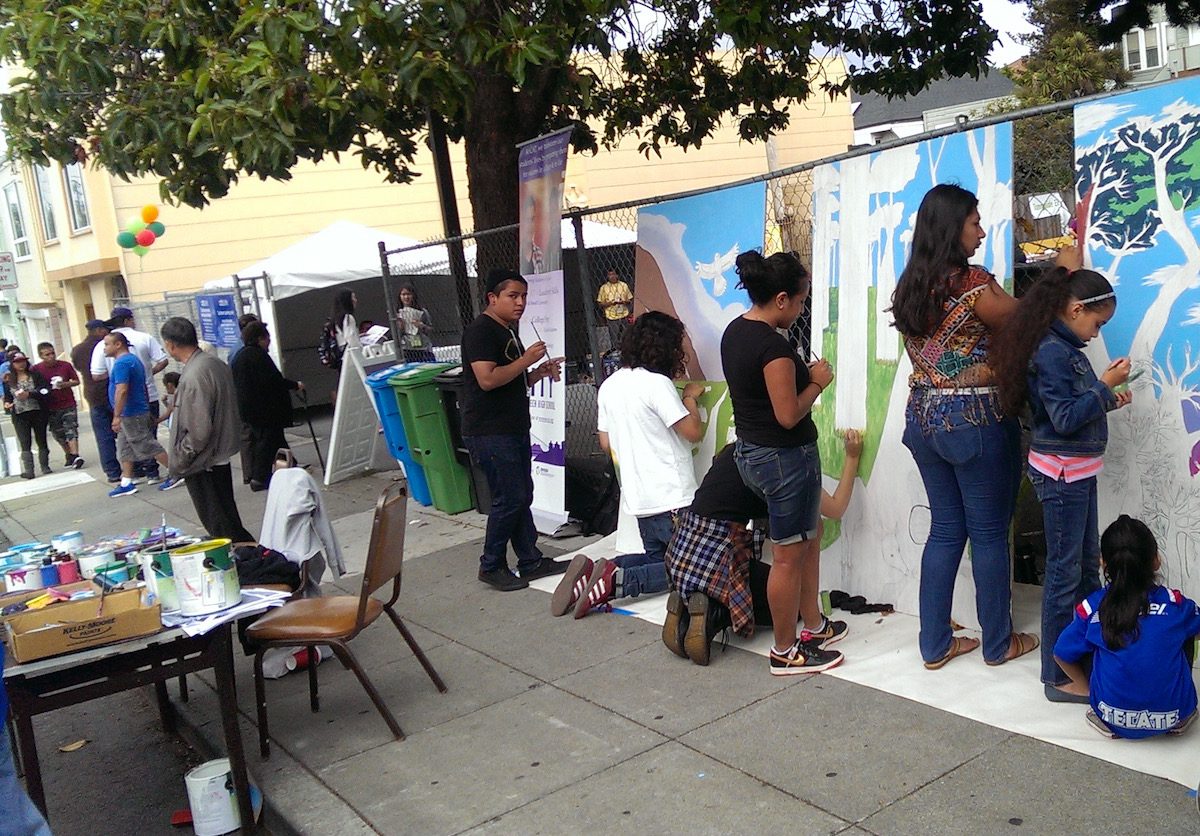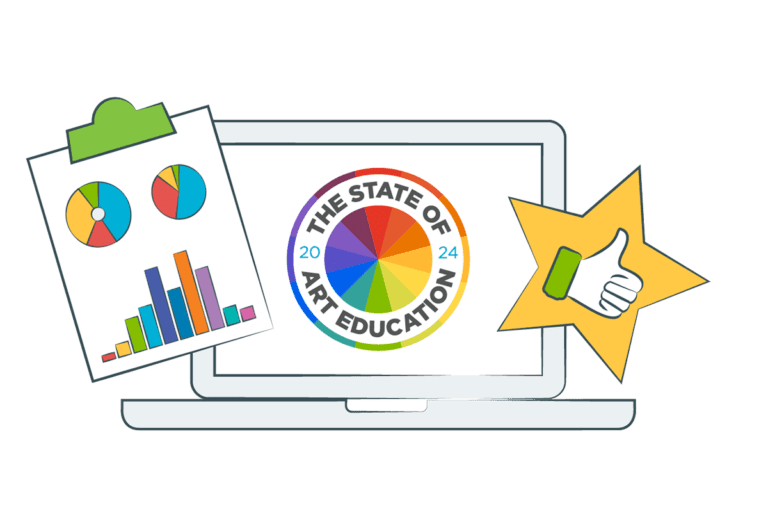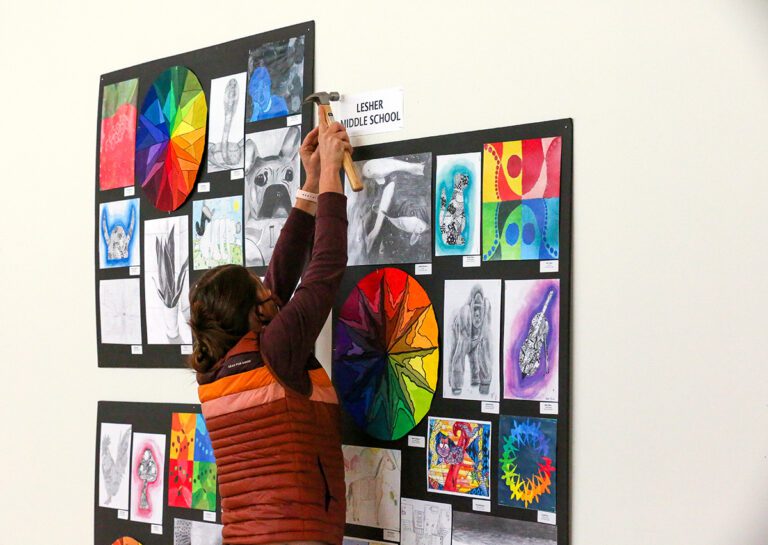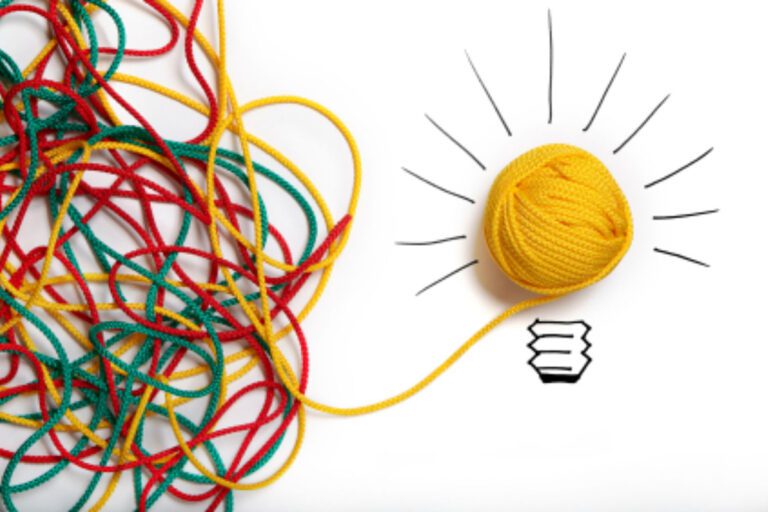Have you ever come across a parent who tries to belittle art? Perhaps it’s in the middle of a parent-teacher conference or during a back-to-school night conversation. The typical commentary of the parent is that art doesn’t directly translate into a job and therefore art does not provide an opportunity to make money. Sometimes parents will question the academic worth of the arts in general and see them only as an easy way for students to get an “A” on report cards.
If you are ever caught in a similar situation, here are 7 responses to the question, “Why does art matter?”
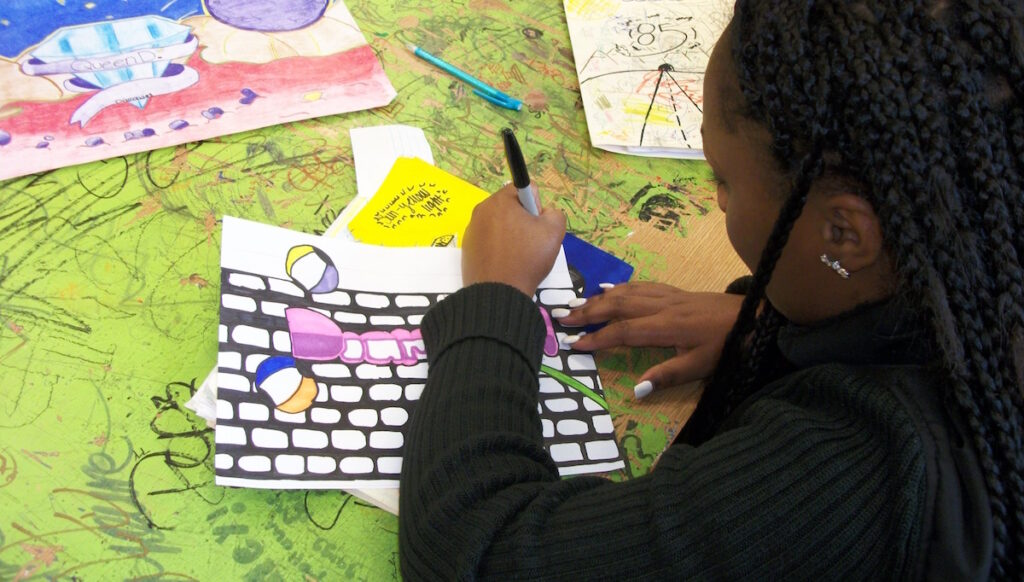
1. Creativity is Prioritized Worldwide
The arts are all about creativity. In the 21st century, organizations across the planet are claiming that creativity and innovation are the most important skill-sets to acquire. Workers require creativity. Producing ideas, solving problems, and finding ways to make ideas come to life are essential for 21st-century work. Taking the arts in school helps develop creative and innovative functioning in the brain and gives students opportunities to grow in these areas.
2. The Arts Foster a Strong Work Ethic
Many students come into art classes with little or no prior experiences in art. The challenges of acquiring new technical abilities, applying new academic content, and mastering hands-on problem-solving fosters determination and grit. Strong art classrooms cultivate hard-working students, and work ethic can enhance any aspect of life.
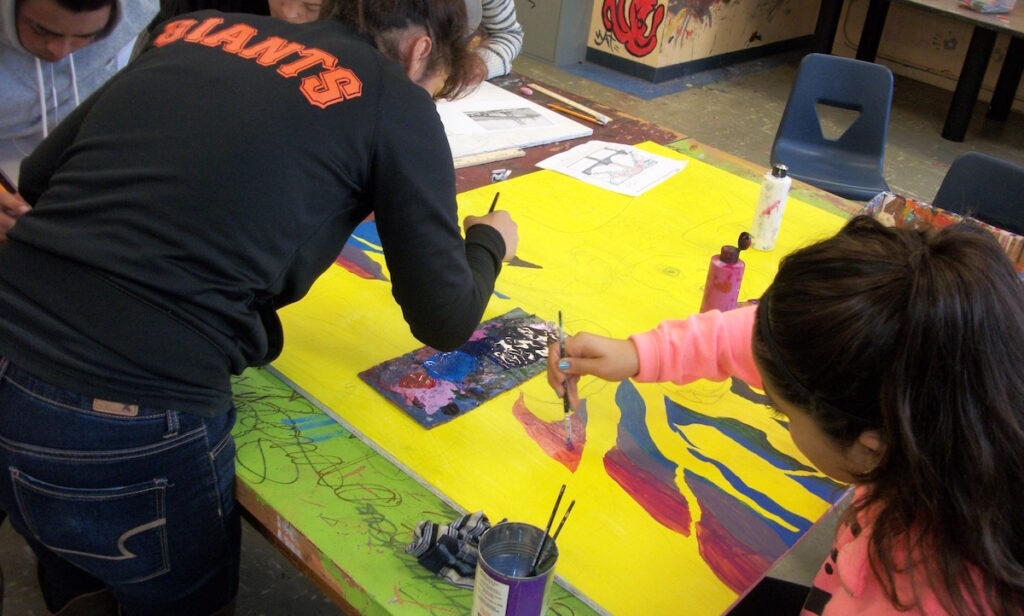
3. The Arts are College Requirement
Sometimes parents do not make the connection between the arts and higher education. As the cliché goes, students go to college to become doctors and lawyers and the arts do not fit into this narrow view of academic pursuit. However, many universities require students to fulfill one or two years of the arts before they can even apply. California, for example, holds A-G requirements that students must complete to become eligible to apply to a university. One of these requirements is one full year in an arts program. The arts are now recognized as essential to the holistic academic skill-sets in students and are becoming mandatory pre-requisites for college entry.
4. The Arts Enhance Understanding of Other Academic Content
The arts help students internalize and apply content across subject areas. Interdisciplinary work and programs such as STEAM capitalize on the power of the arts to enhance learning across content. Art provides students with the creative tools and skills to take what they learn in other subjects and apply it to work that communicates their understanding. The traditional model trains students to memorize information and regurgitate it on a test, and then forget all the information later. Students better internalize information when creating artwork that incorporates knowledge, content, and understanding of multiple subjects.
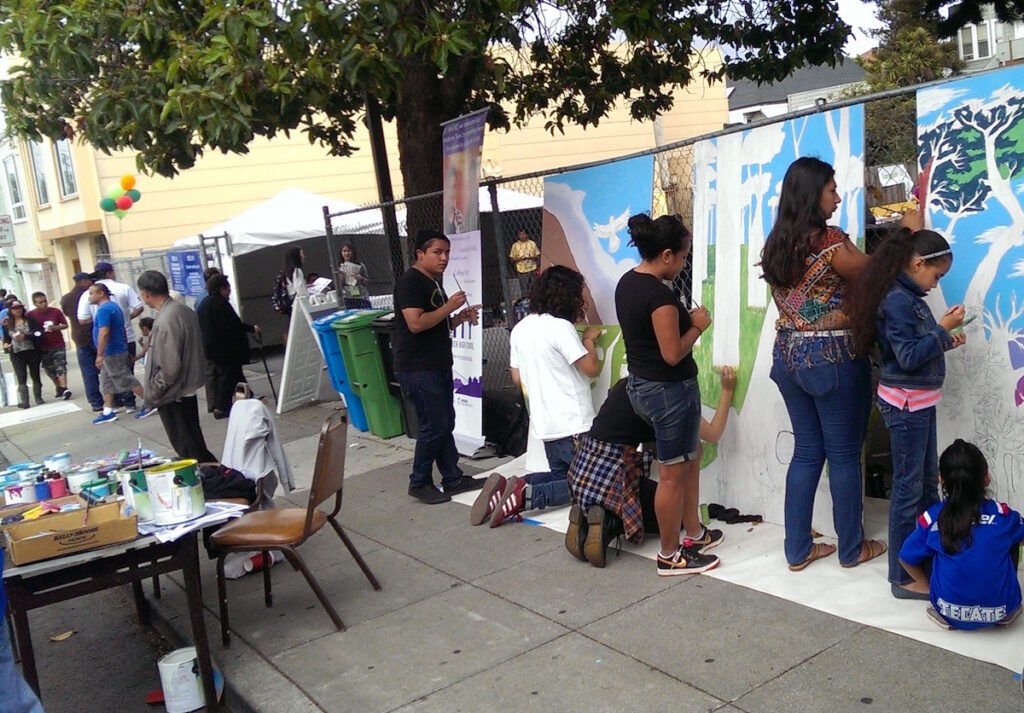
5. The Arts Give Us Our Culture
Think about what make us who we are. What creates our identities? Culture. Culture is almost entirely made up of the art forms that we practice or adore. Whether it is dance, culinary arts, painting, music, film, architecture, or creative writing, the arts are what bring us together and remind us we are great. Ask parents if they think their culture matters. If it does, ask them what types of arts make up their culture. If you value culture, then you value arts. You cannot have one without the other.
6. The Arts Are Therapeutic
How many students would say school is a pleasurable experience? Between the crunch of classes stacked in their daily schedule, to the social awkwardness stirring adolescent emotions, the arts provide an outlet to cope with student ills. Students are told to sit in chairs all day, read and write about topics that do not interest them, and if they deviate from this pattern, they will struggle to survive in the real world. Art provides students the opportunity to create alternative realities and investigate what they truly have to offer the world.
7. The Arts Improve Our Quality of Life
So often in our society, happiness is equated with money. The formula for happiness and personal satisfaction is to get a good job and make lots of money. However, the reality of our nation is that most people do not become rich, and even those who do still struggle to find meaning, purpose, and satisfaction within themselves. The arts give people a means to constantly search themselves, continually investigate and comment on the world around them, and provide meaning when life becomes chaos. The arts are there for humanity to embrace and engage so we continue to find a sense of purpose. Out of all the academic subjects schools offer, what remains with students as they travel through the stages of adulthood? The arts last for life.
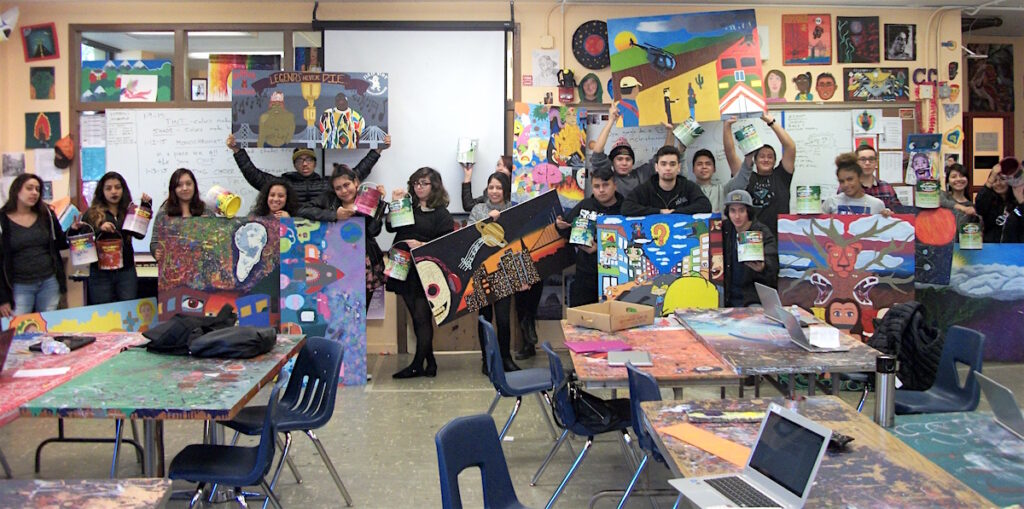
The arts are the essential ingredient for true, holistic, empowering education. Scholar Jordan Maxwell explains the job of the arts is to remind us we are greater than we are being told we are. Every religious building, whether mosque, church, temple, or synagogue, strives to create ornate, intricate, artistic excellence within it. Why is that? Art is the expression of divinity. In order to channel the forces of our divine origins and nature, we must be creators. We must create. We must become artists.
When parents leap to their own conclusions that art does not matter, it is up to you to decide how to counter this assertion. My advice is to highlight the fact that education is about far more than how to benefit the system that we live in, but it is about lifelong learning and being able to apply knowledge. Every subject offers valuable skill sets and cognitive development opportunities that can contribute to society. The arts are no different. In fact, every human society in history is known to create art. That simply cannot be said about any other subject in school. Why does art matter? Art matters because it develops, enhances, and manifests the meaning, purpose, and quality of education and life.
How have you responded to parents (or educators) who claim art doesn’t matter?
What other ideas do you have to contribute to a discussion like this?
Magazine articles and podcasts are opinions of professional education contributors and do not necessarily represent the position of the Art of Education University (AOEU) or its academic offerings. Contributors use terms in the way they are most often talked about in the scope of their educational experiences.
